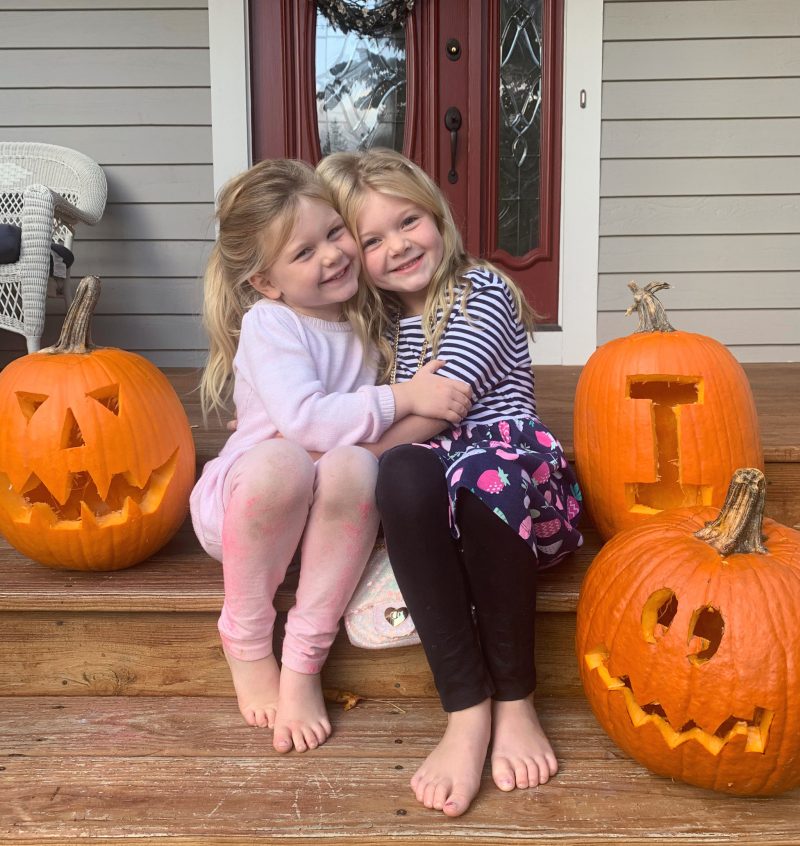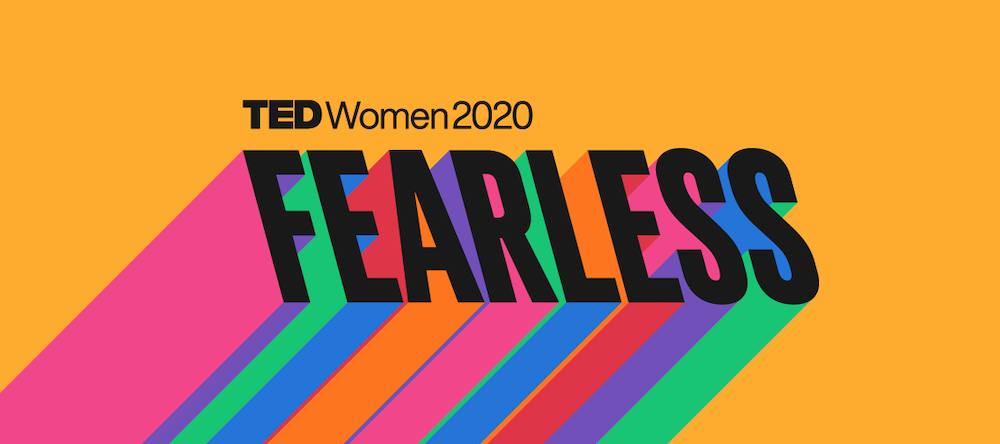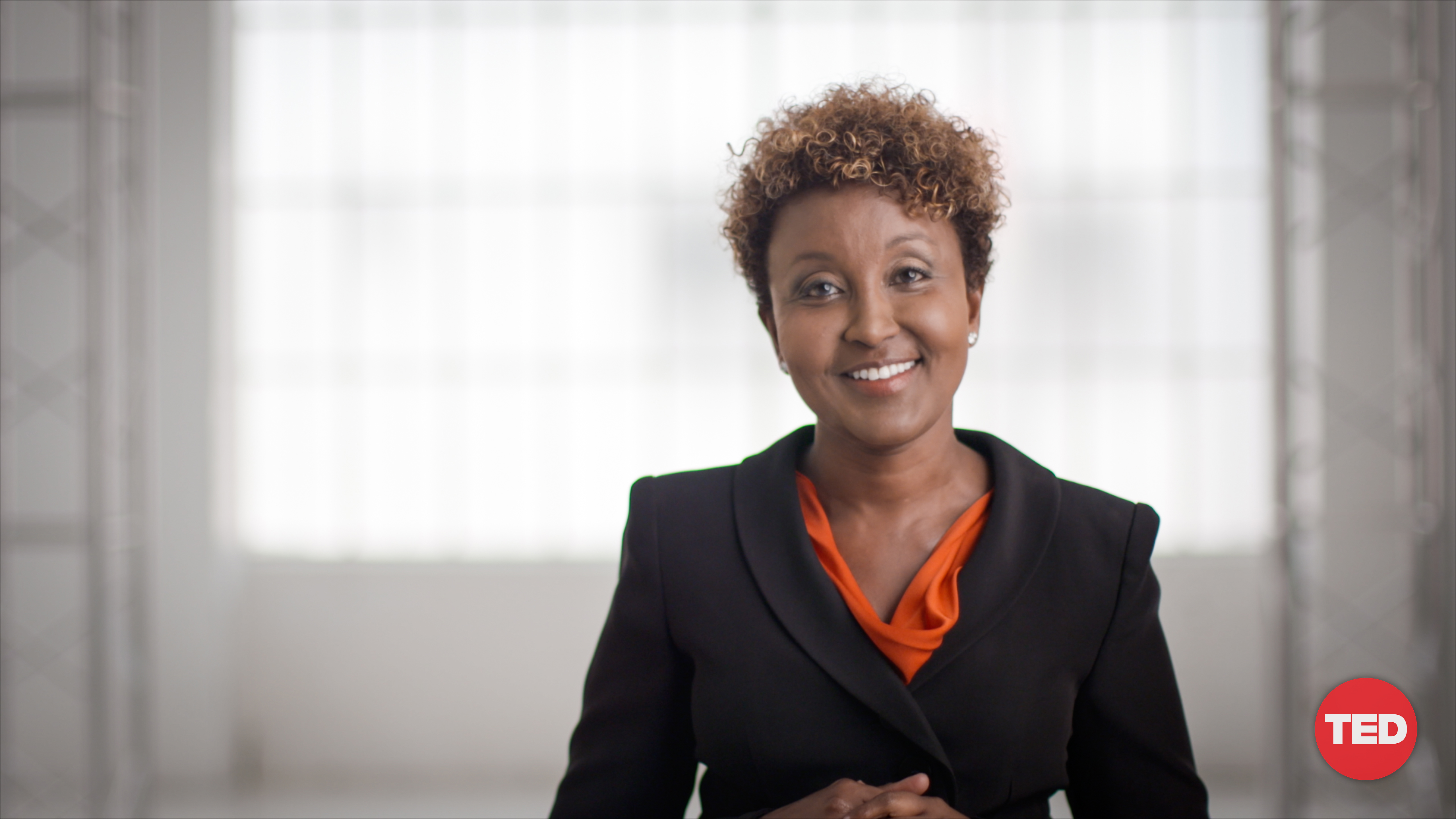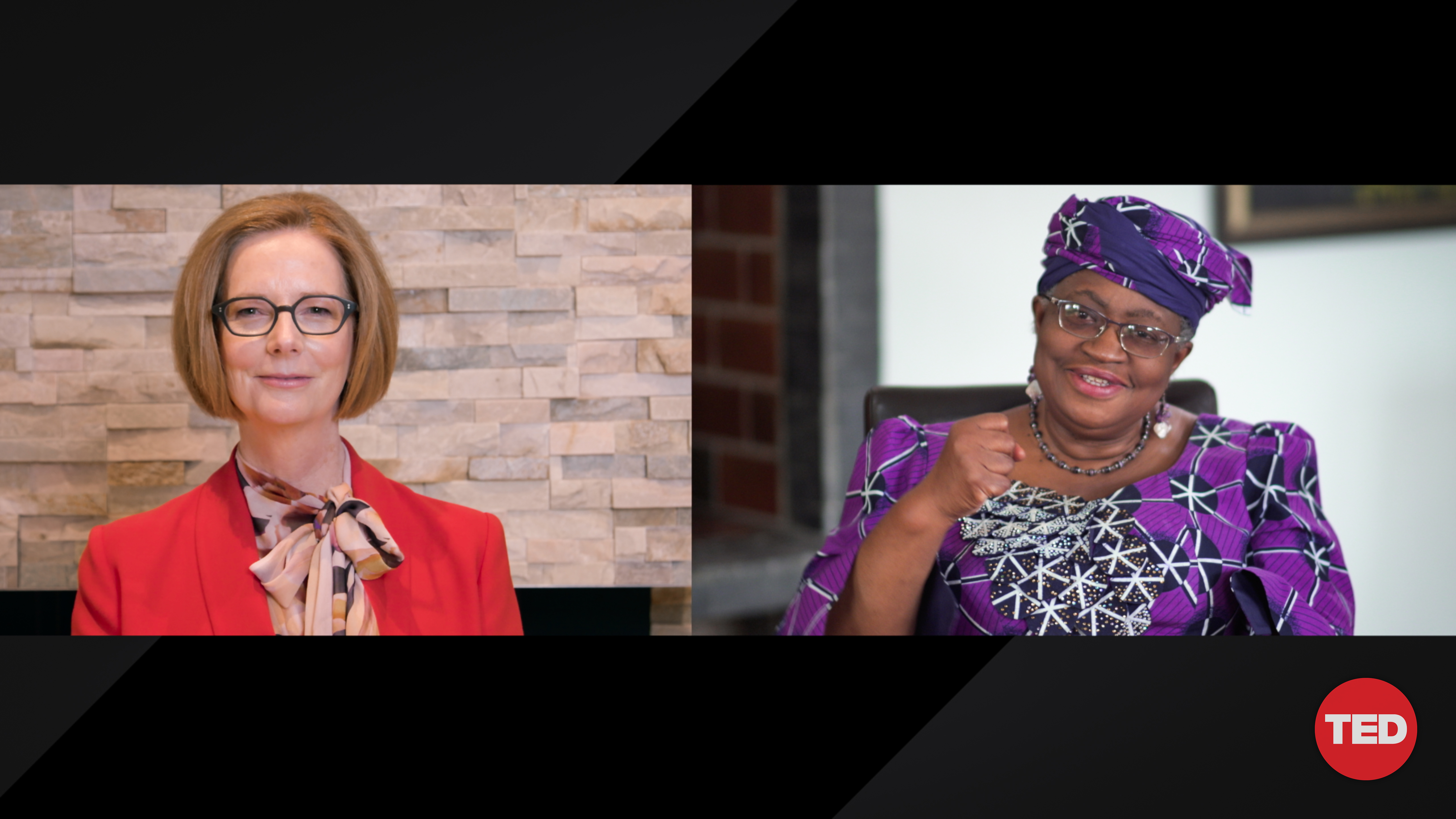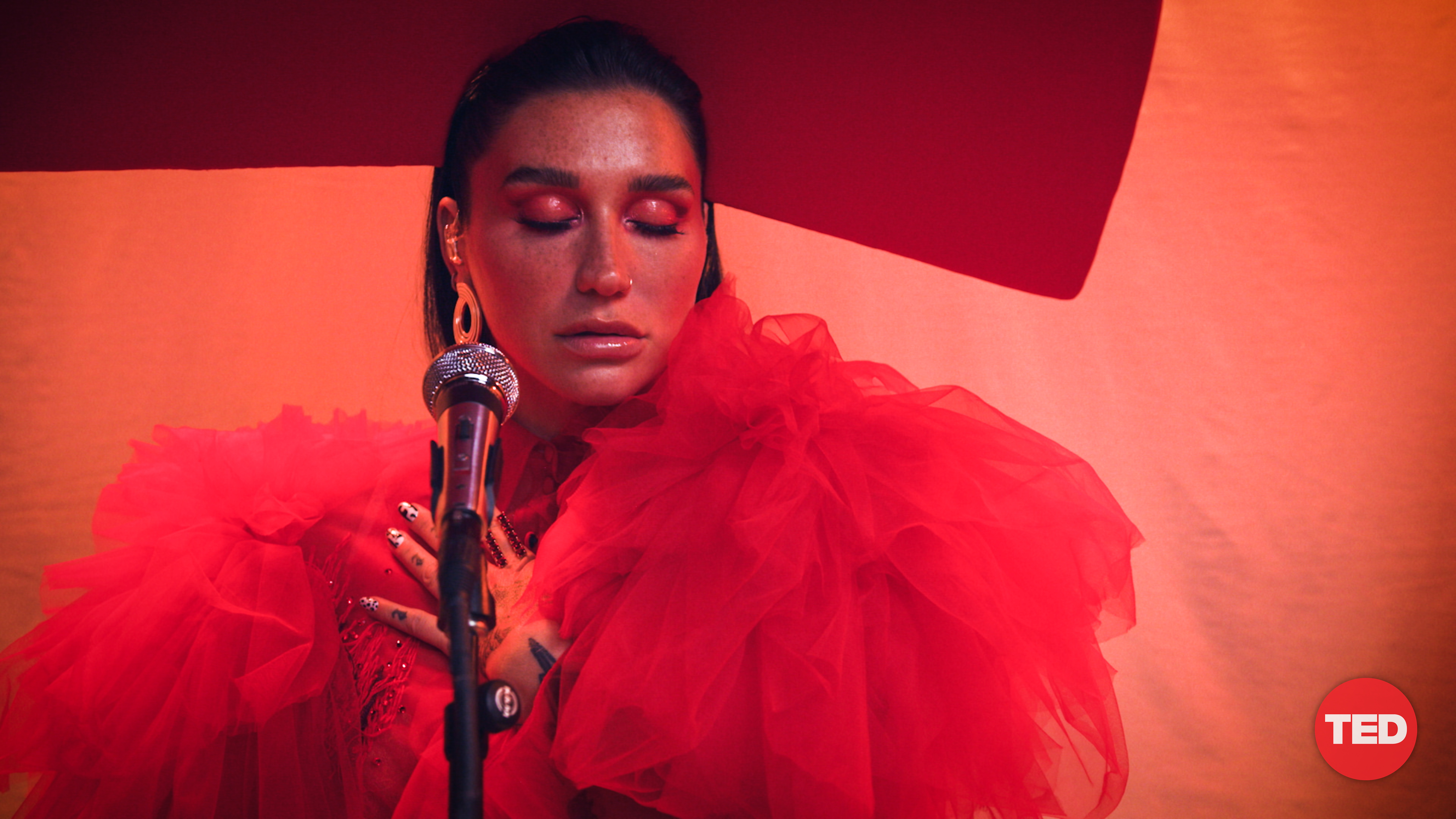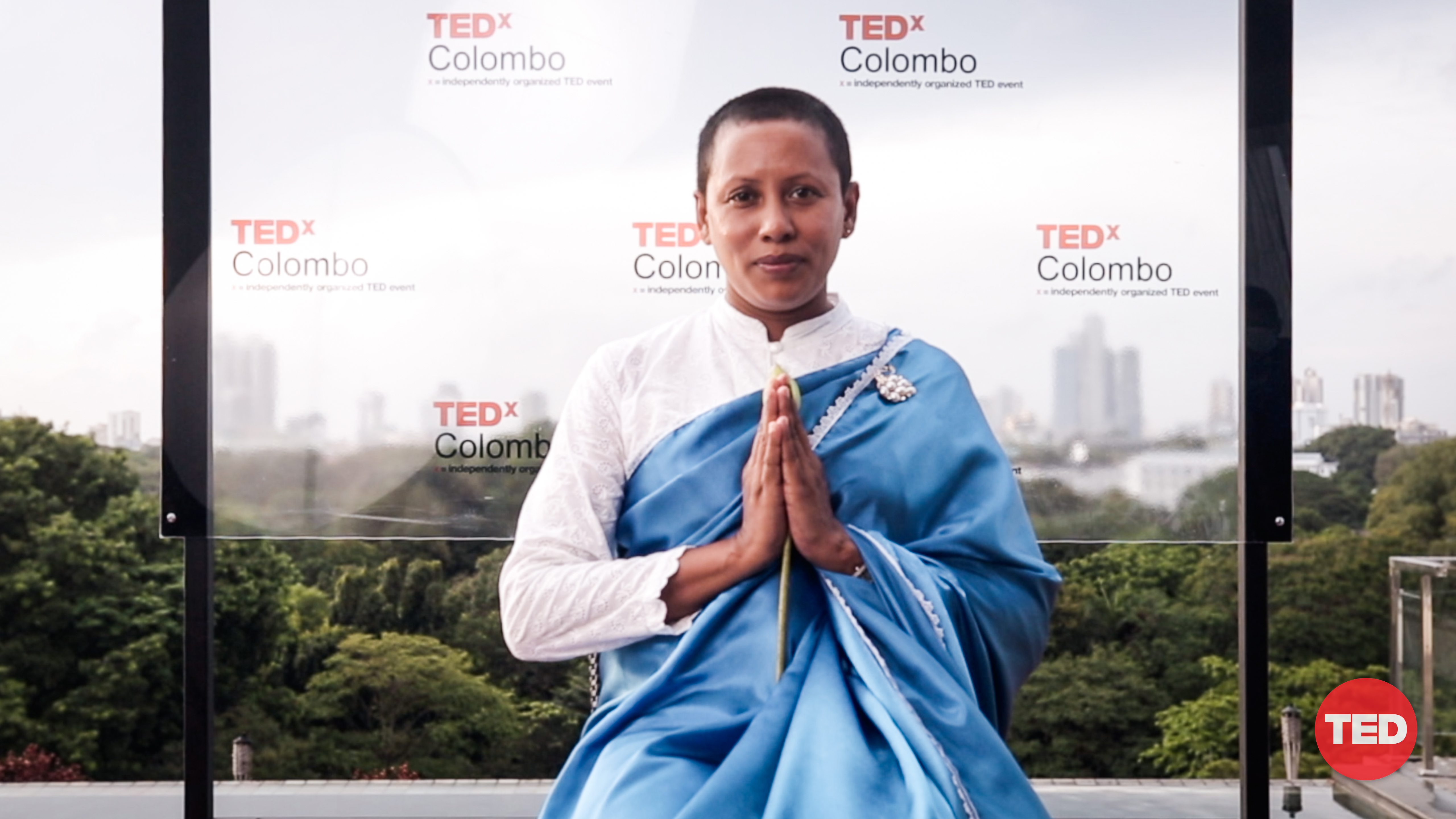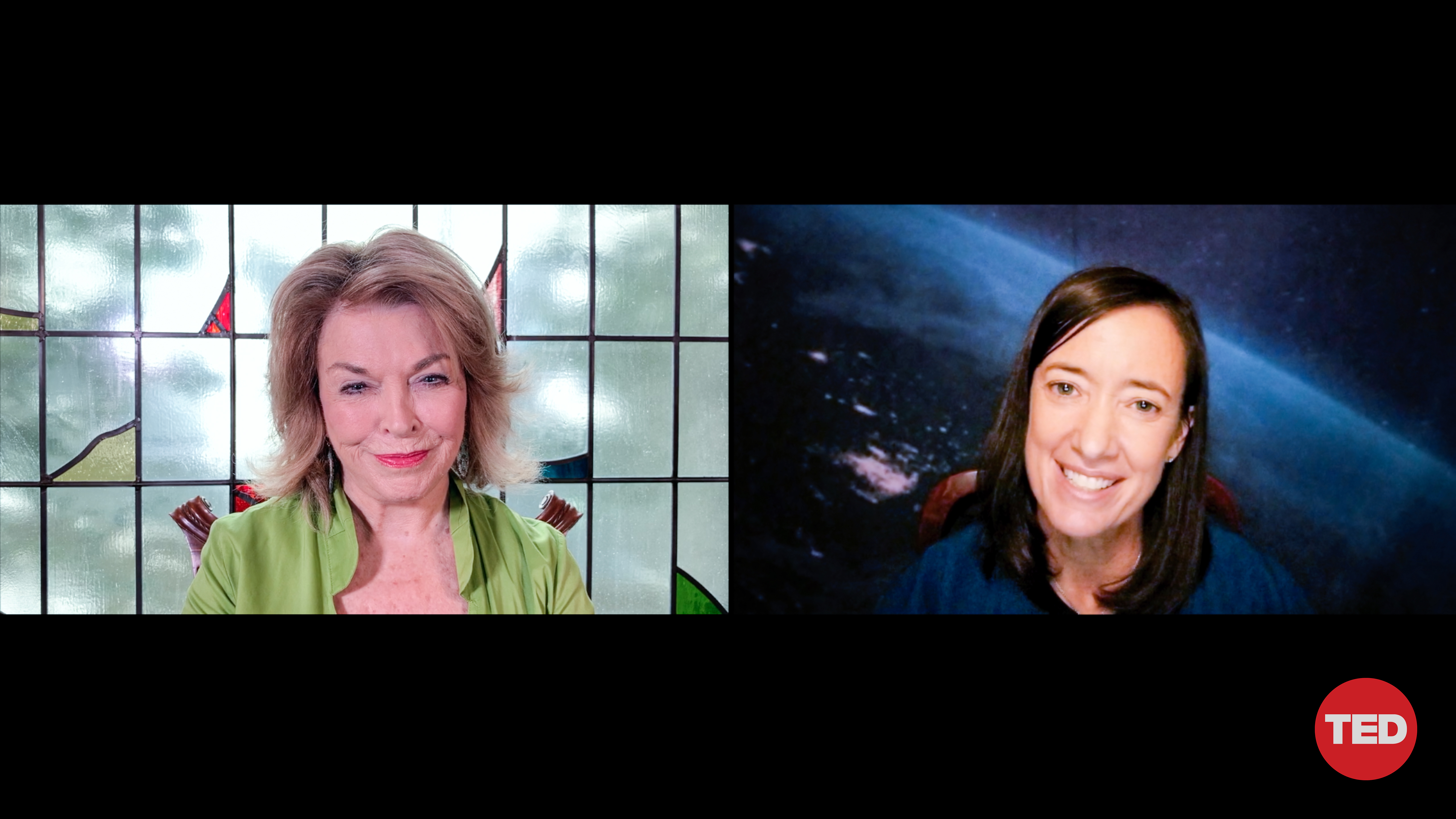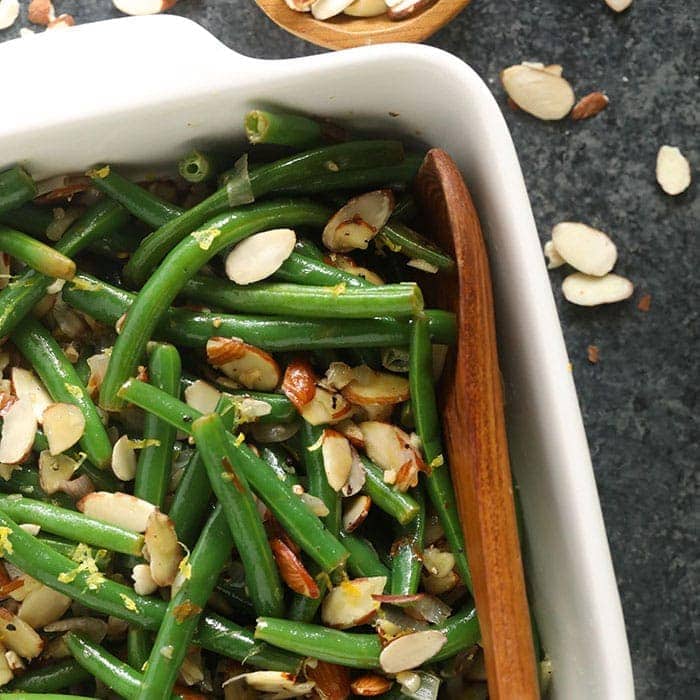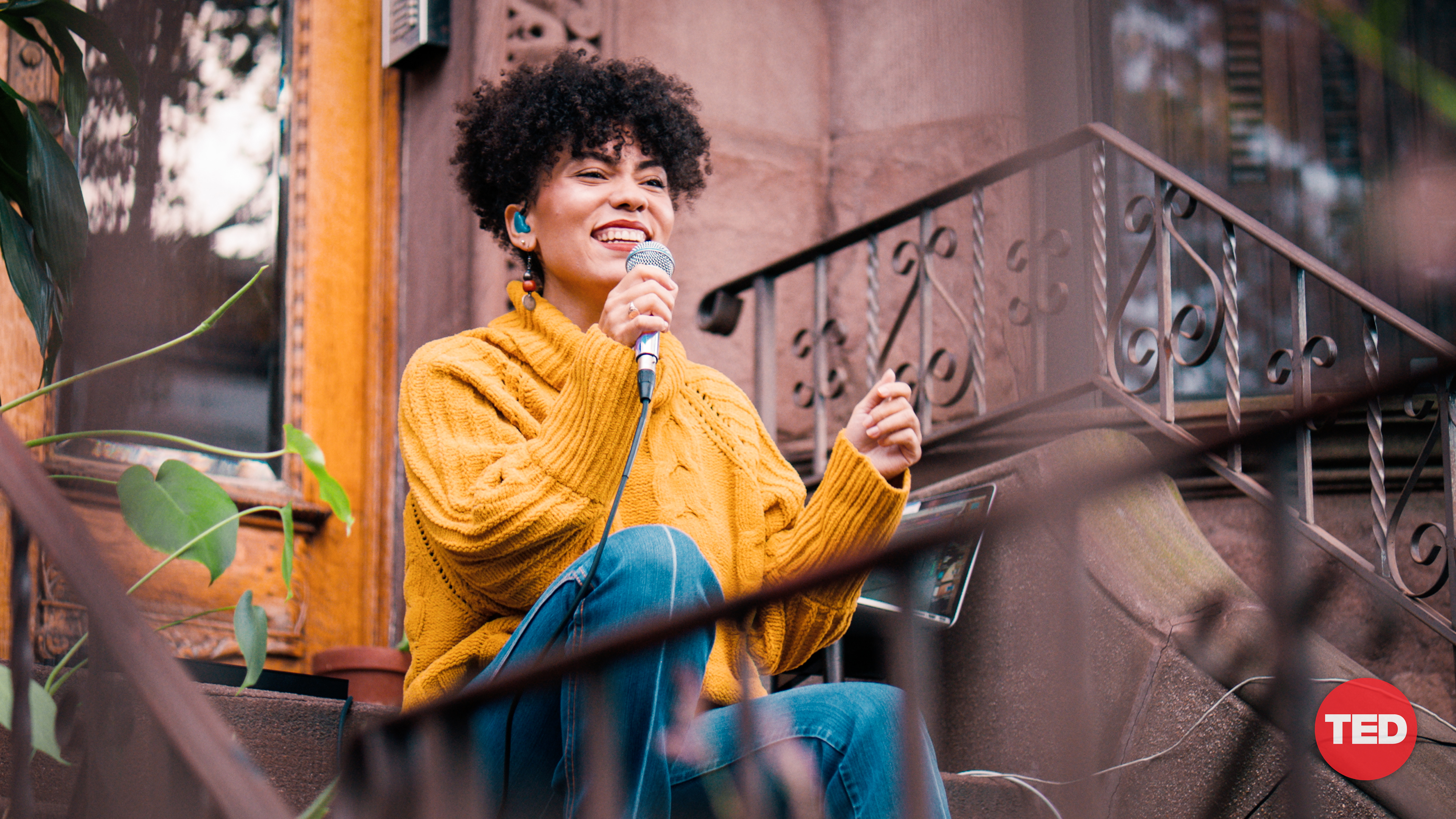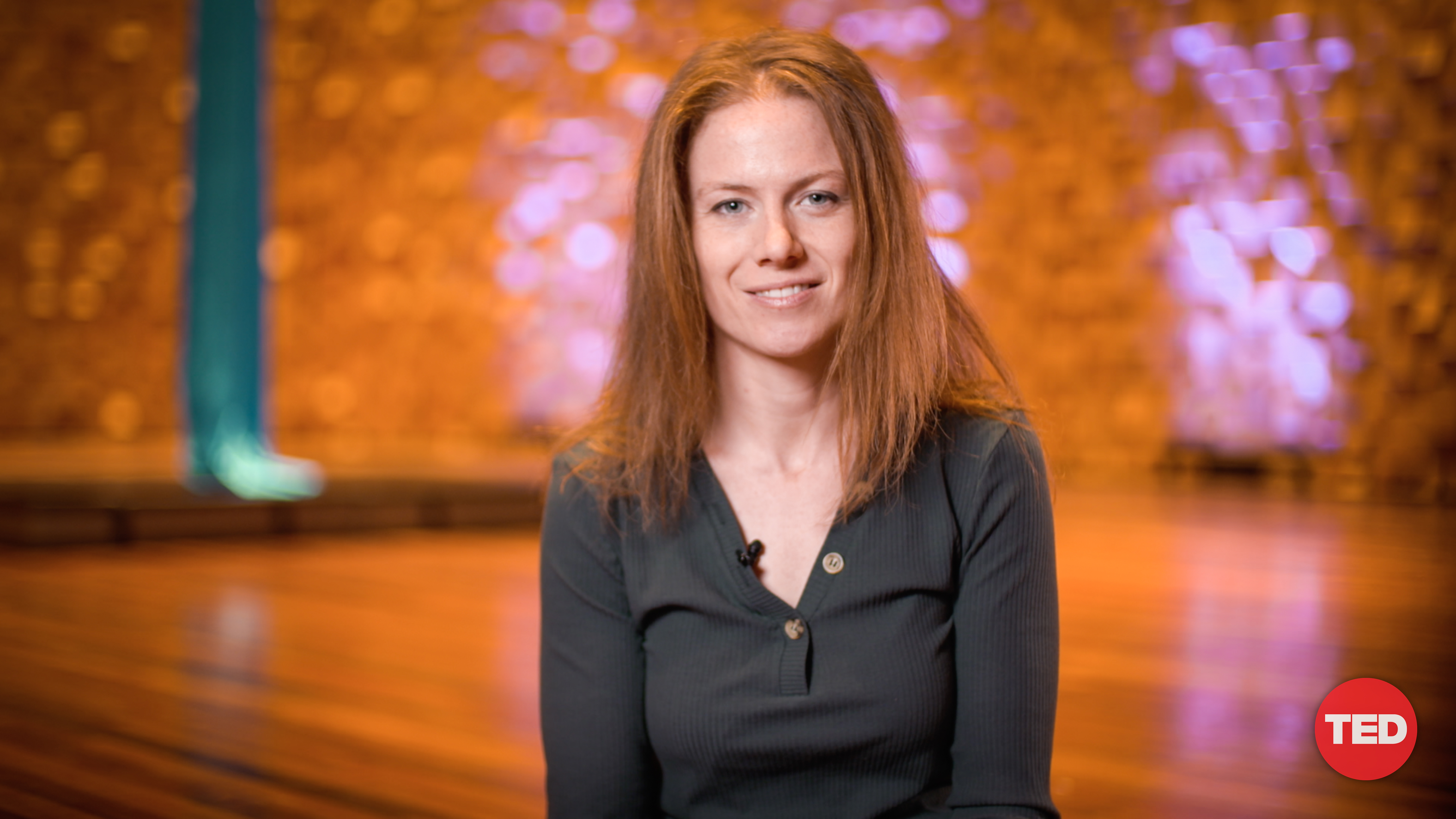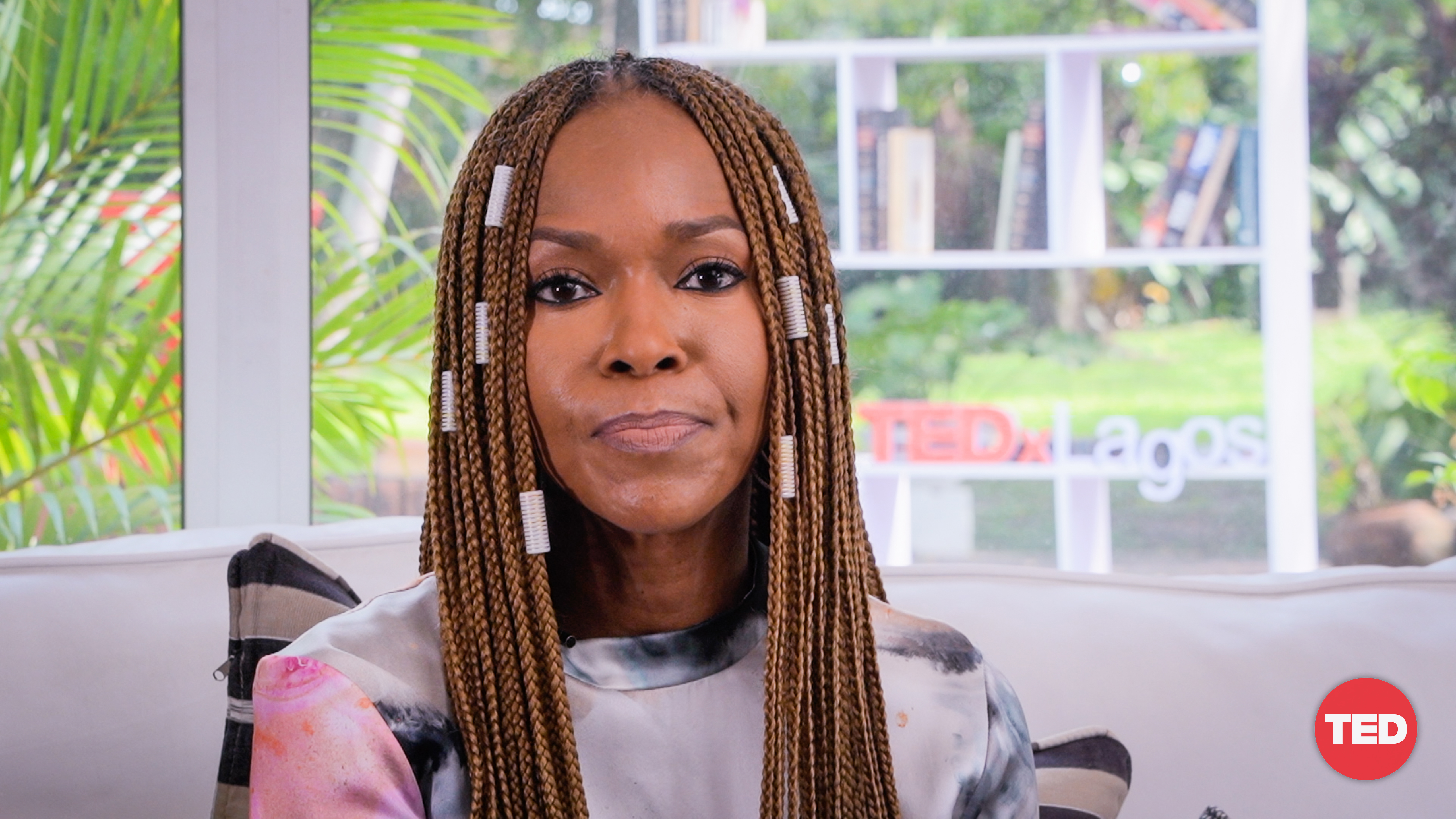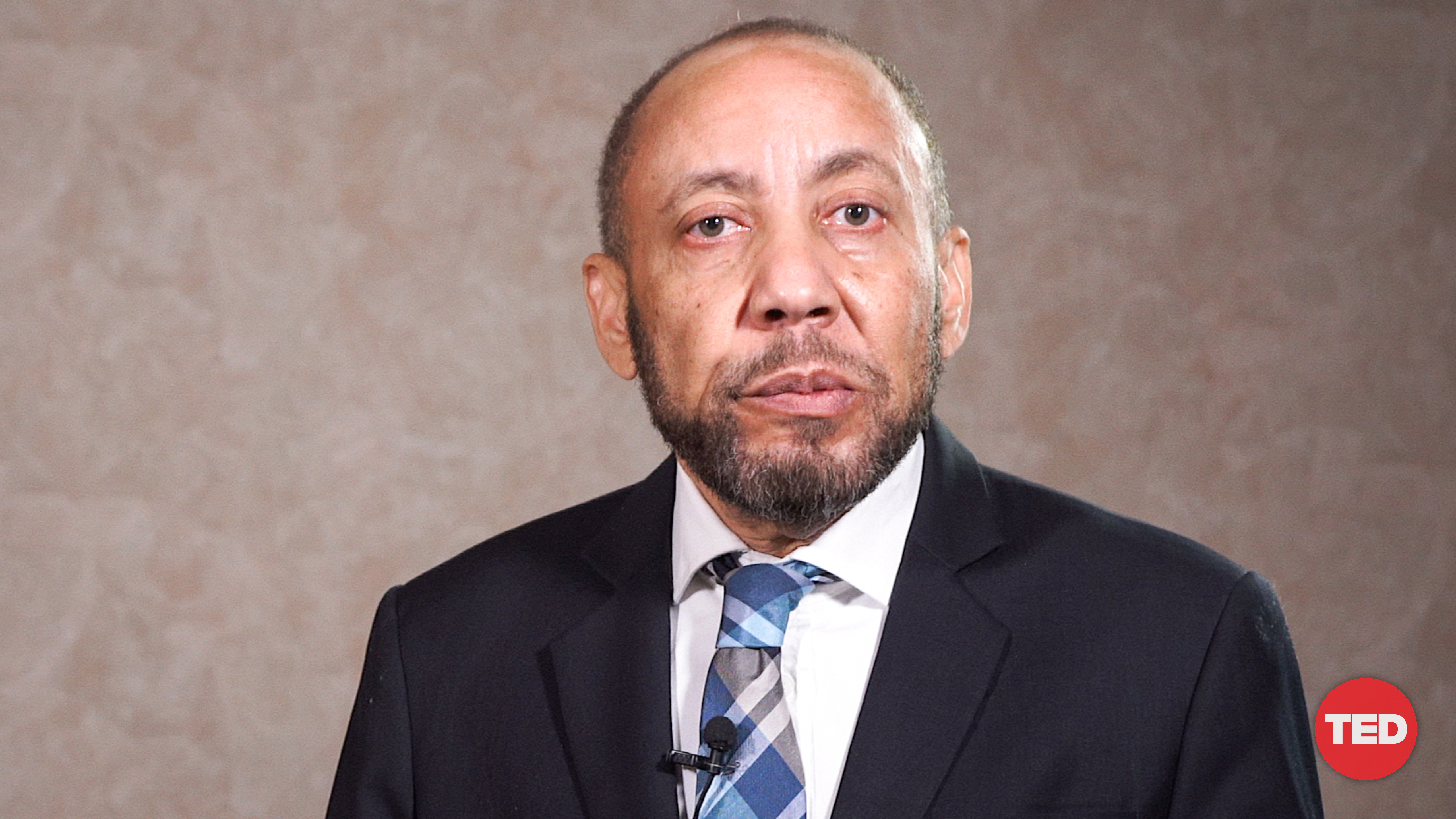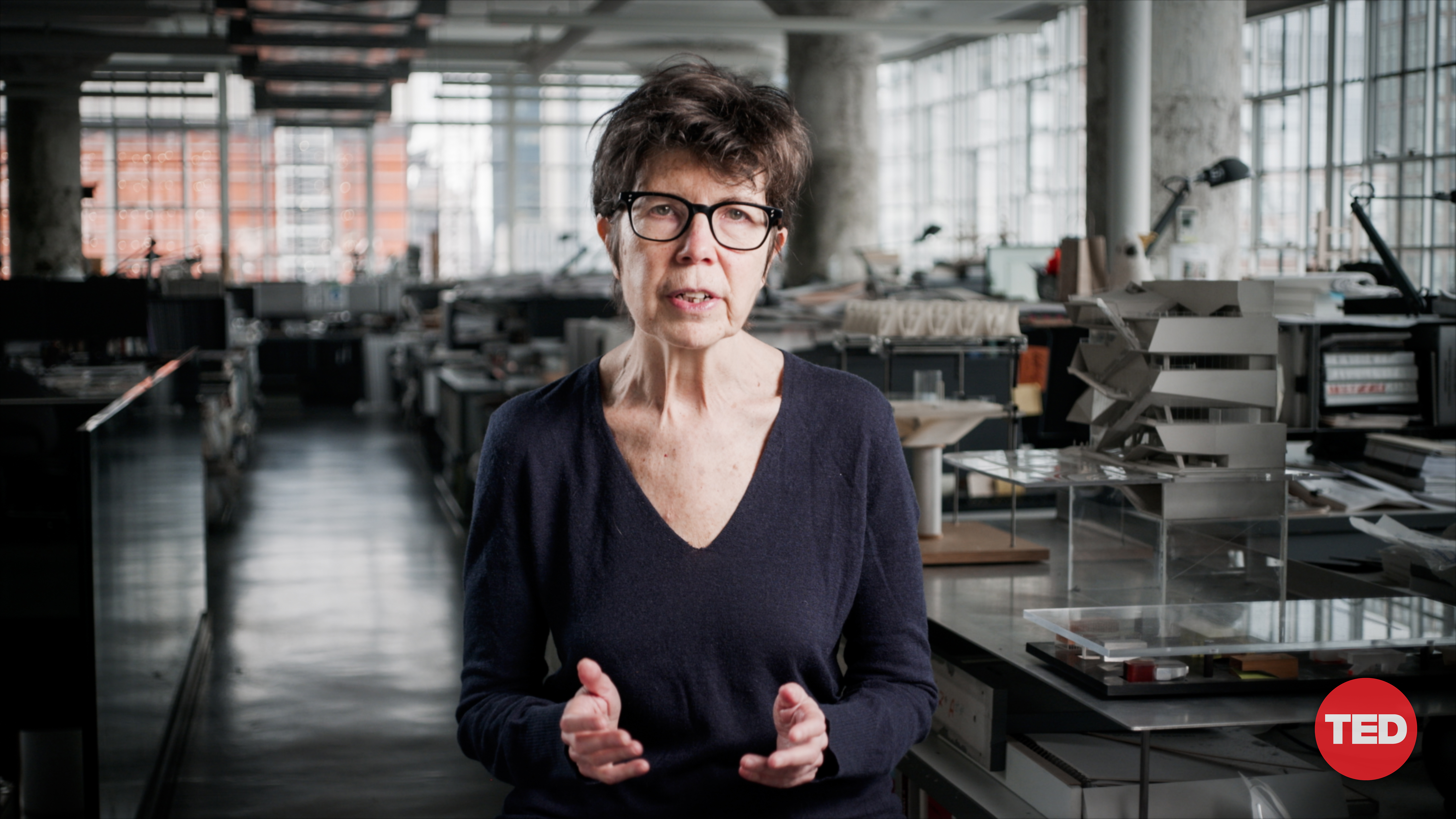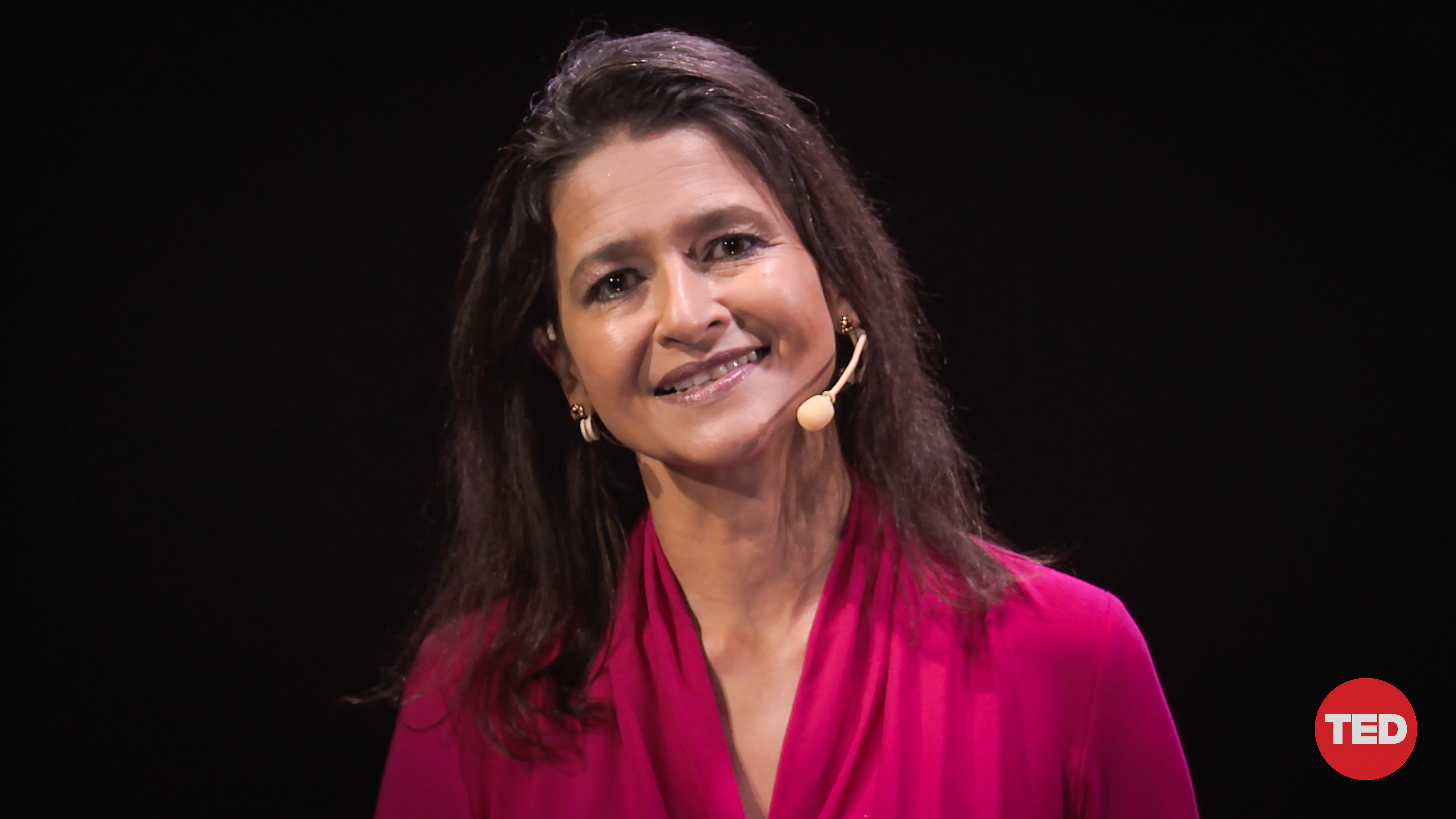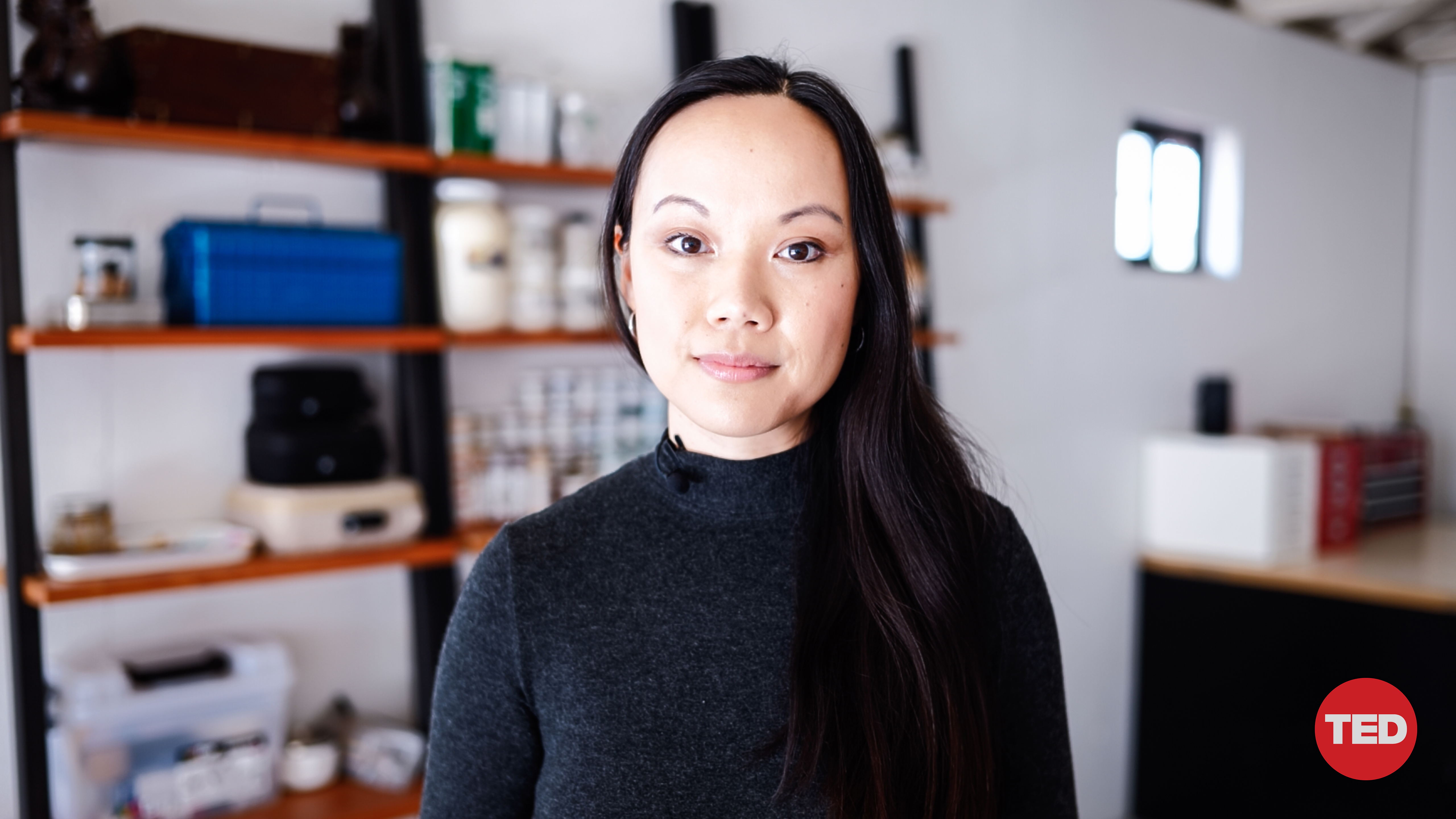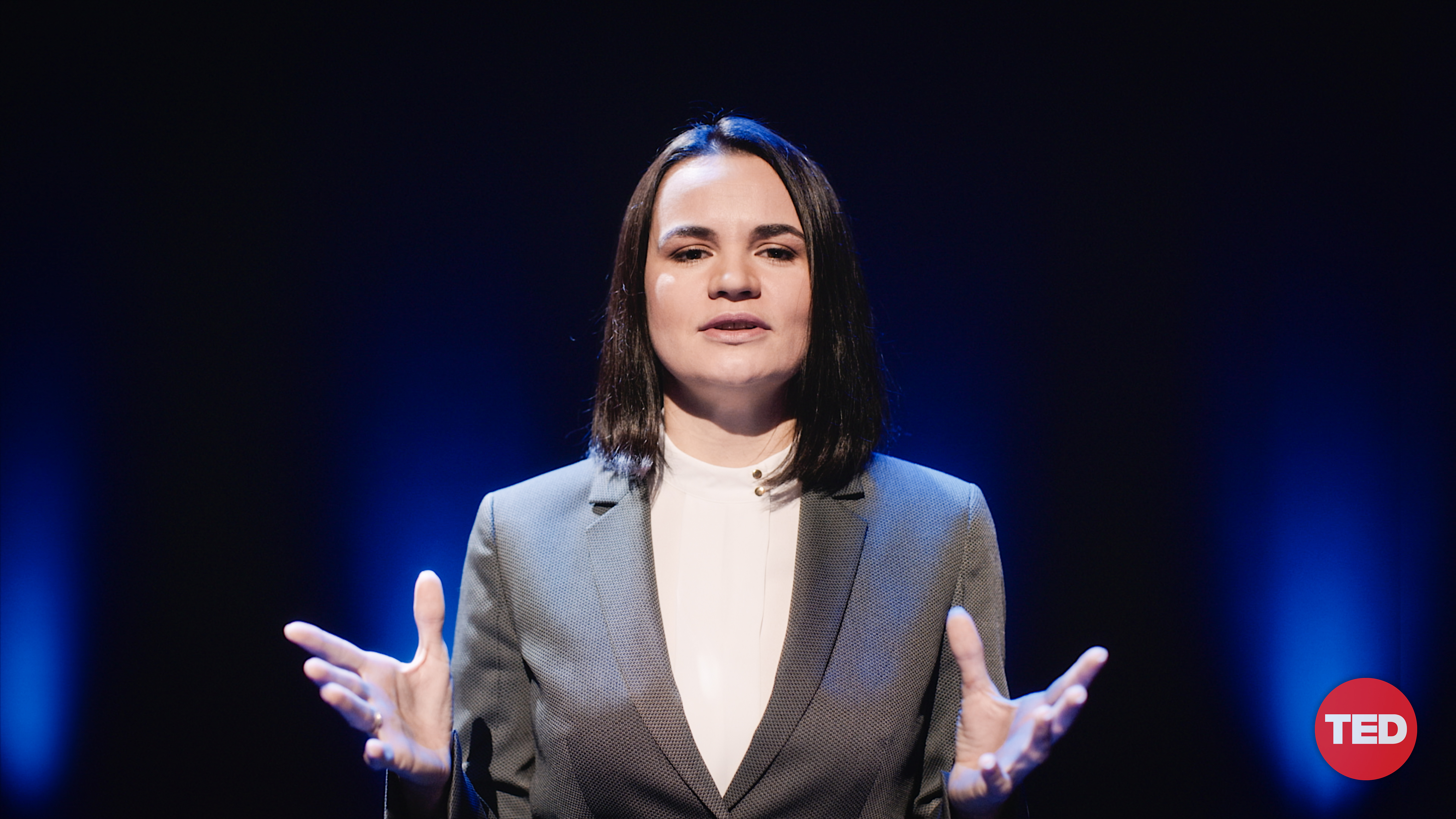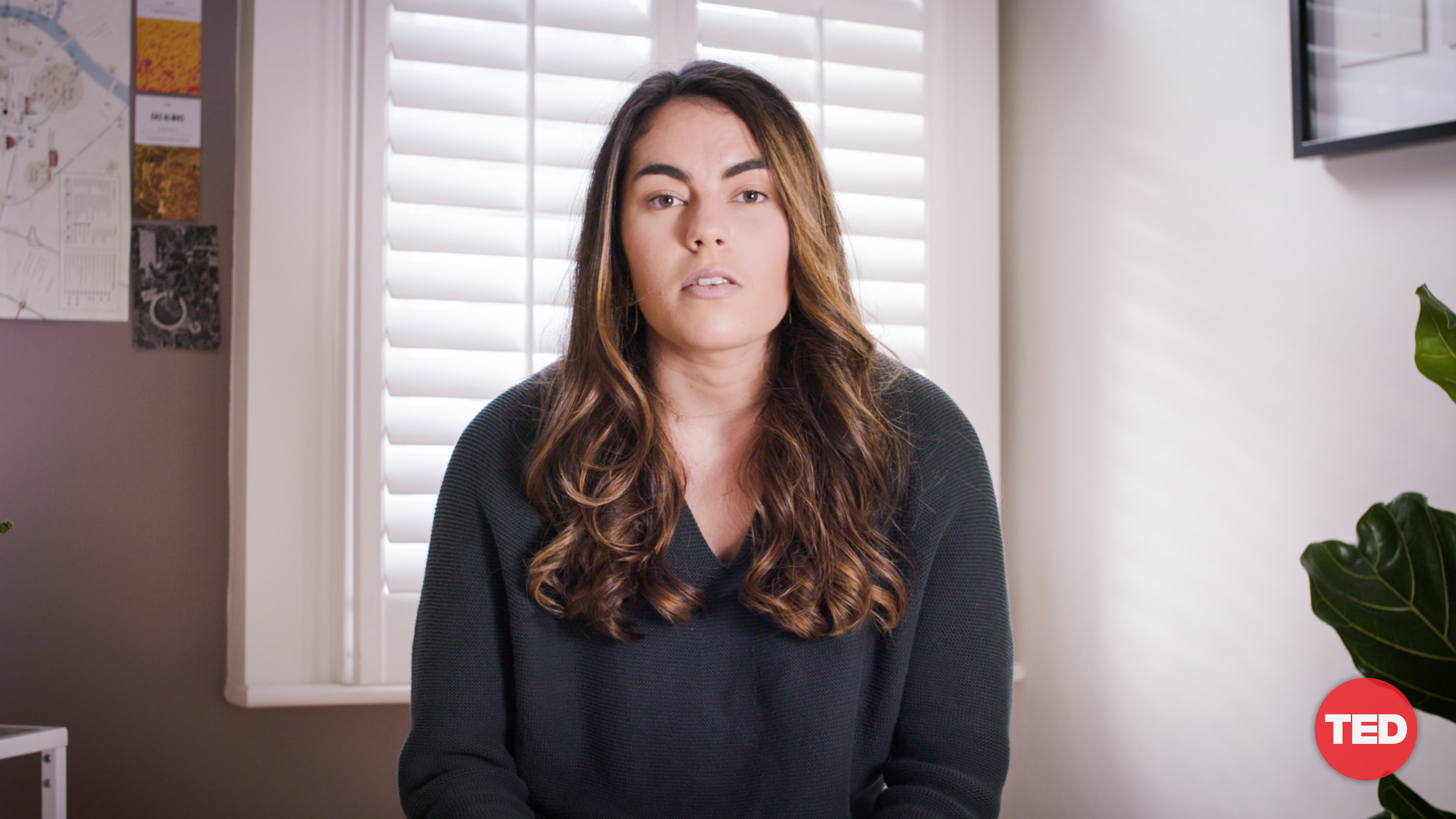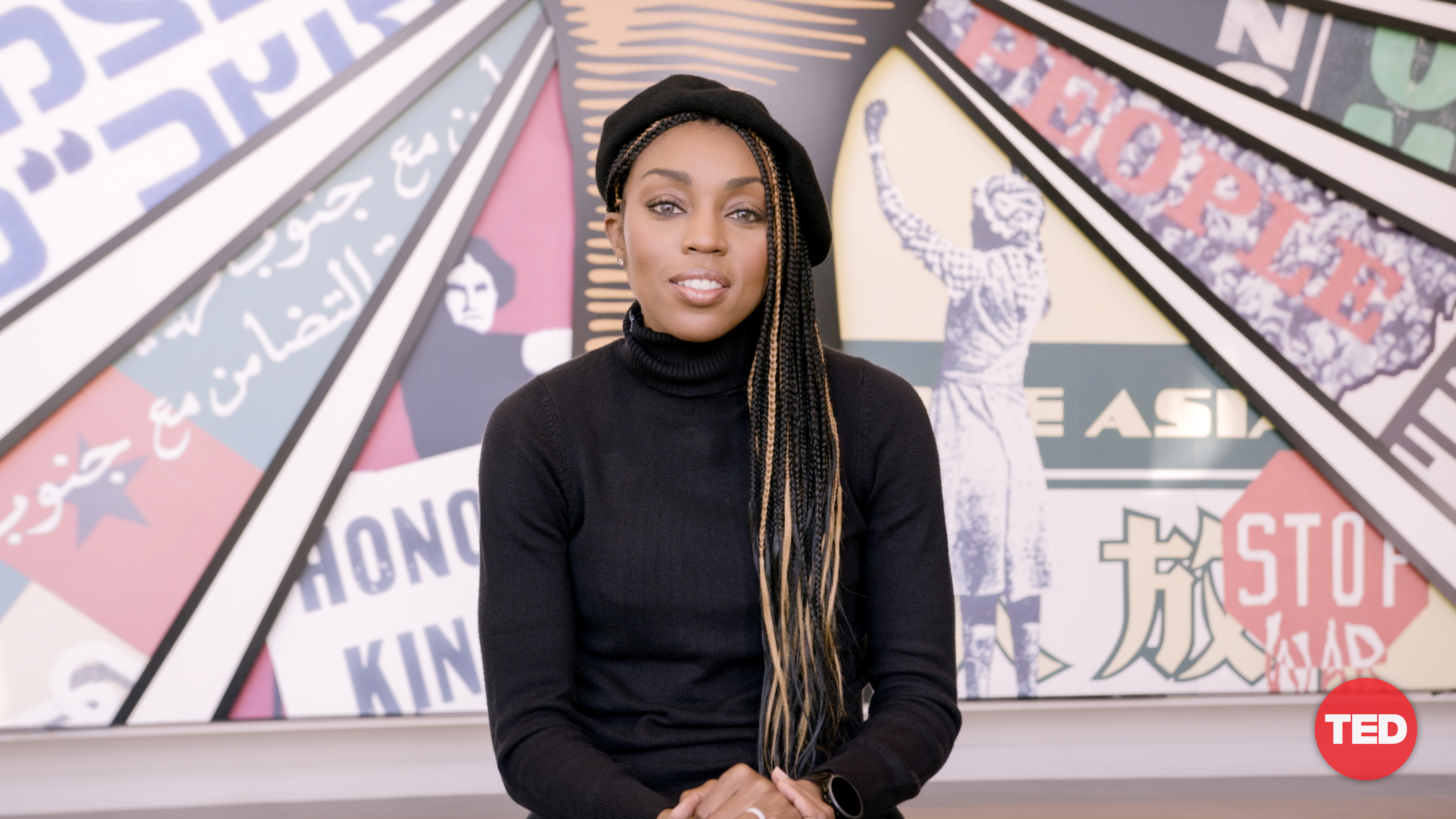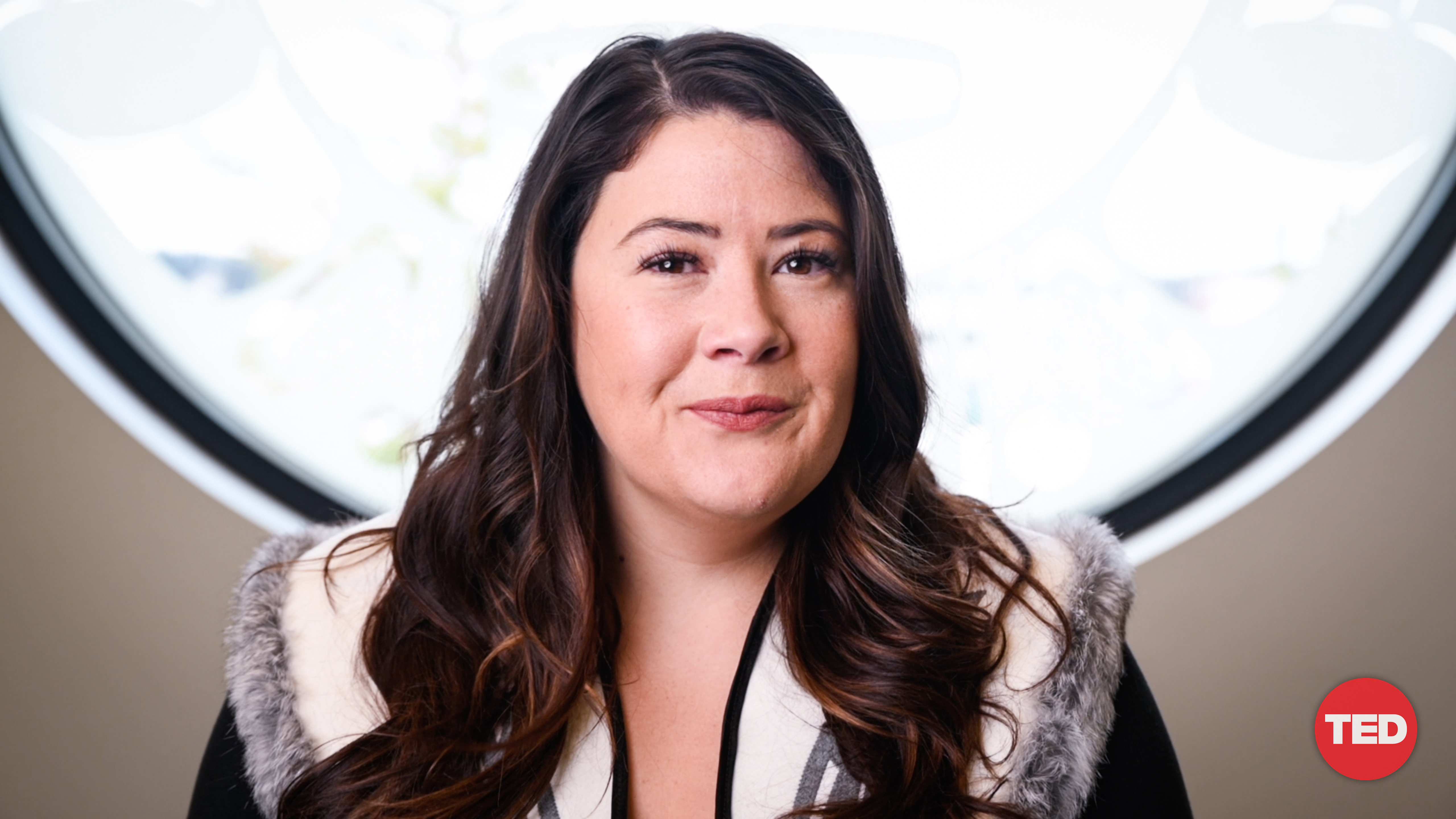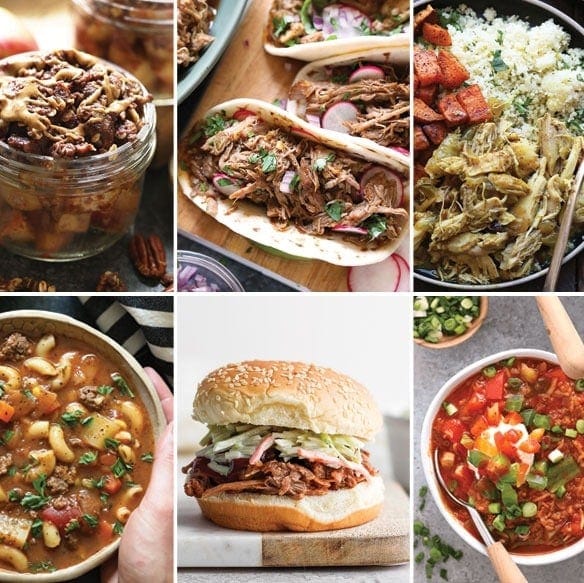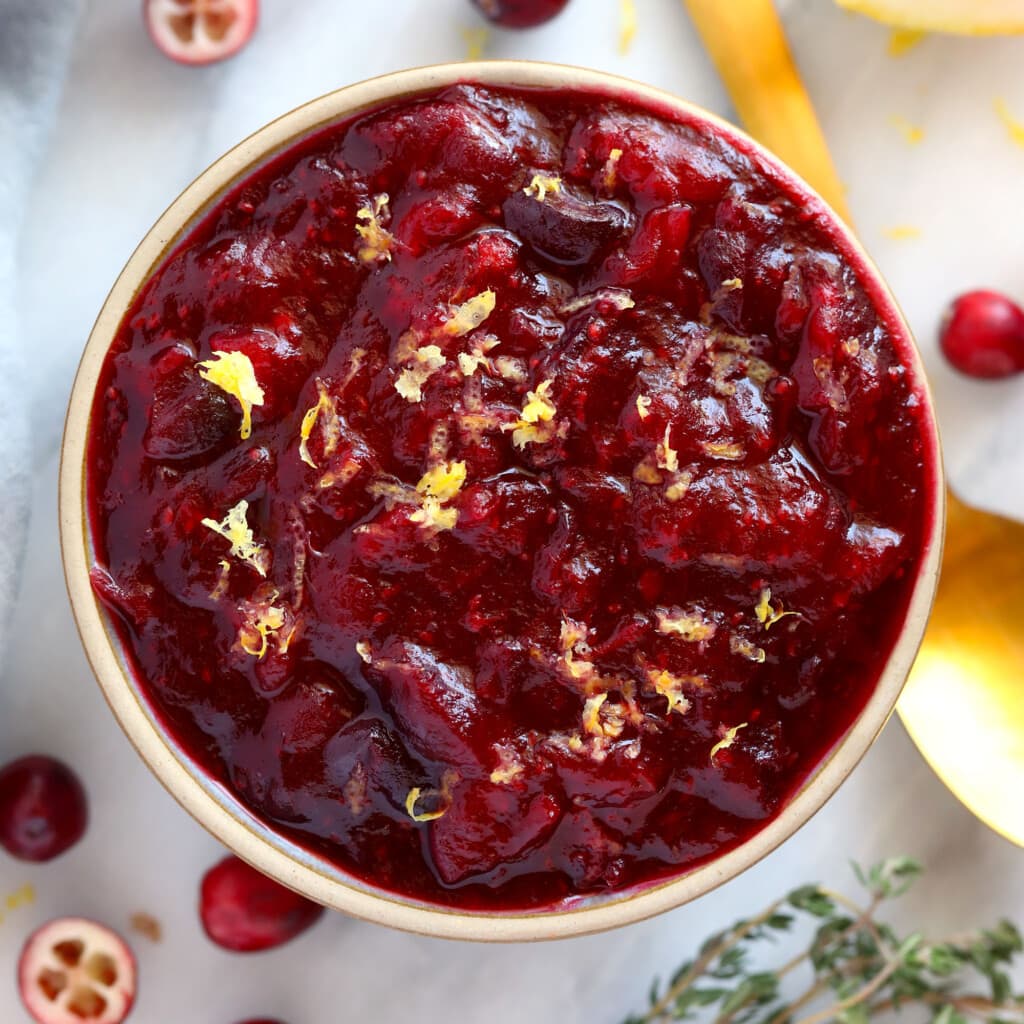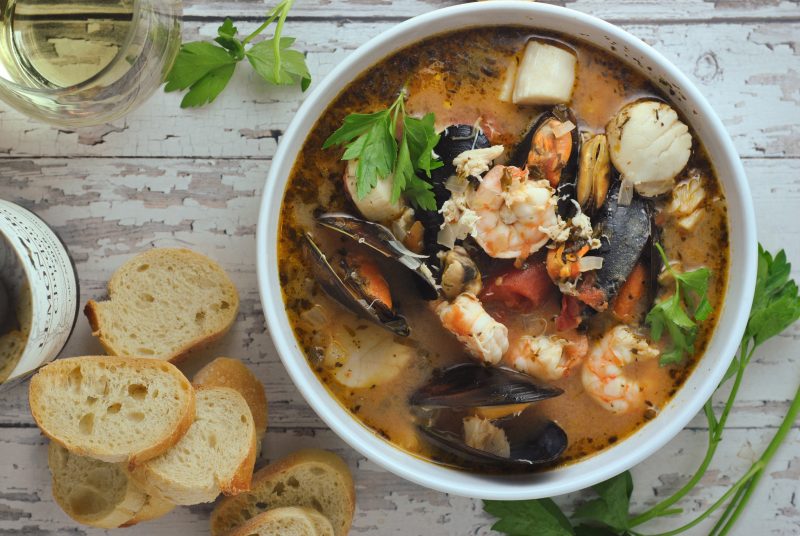When COVID hit and her gym closed in the spring of 2020, Christina Relke initially thought she’d just been given a vacation. She happily reacquainted herself with her couch, the remote, and everything Netflix had to offer.
“I thought I’d just go home, figure things out, and then go back to work,” says Relke, BA, CPTN, PN2, FMS, a Mississauga, Ontario-based personal trainer and nutrition coach.
But two weeks became four, then six.
With her savings dwindling and the virus proving anything but predictable, Relke pivoted—to launching an online coaching business.
She faced a series of obstacles.
Fear nagged at her.
The increased foot traffic of the gym had brought clients to Relke, somewhat effortlessly. Outside of the gym, how would she get the word out?
Could she even train people online? How would she correct someone’s form or pick up on a clients’ nonverbal cues… through a computer screen?
And could she teach herself a range of new skills—say video production or social media marketing—in mere weeks?
Despite those challenges, over the course of just a few months, Relke built a solid business.
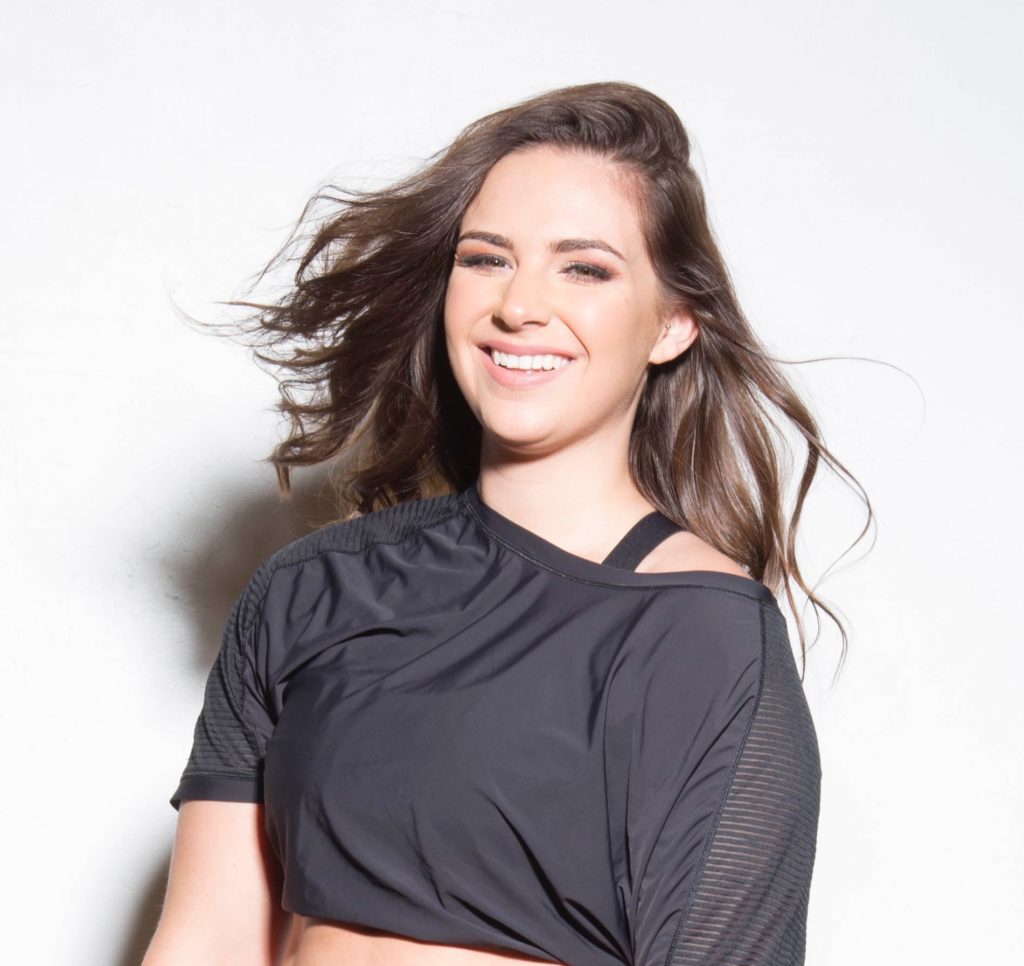
Given that so many nutrition coaches and personal trainers are facing the same challenges, we wanted to know more. So we asked Relke:
If you’re exploring nutrition coaching as a career, her answers might help you determine if a nutrition certification is right for you. And if you’re already coaching, Relke’s experiences and advice could give you lots of ideas for growing your business.
Why did you become a certified nutrition coach?
As a certified personal trainer at a gym, one problem kept dogging Relke.
“People had the perception that I was a one-stop shop,” she says.
Sure, they posed questions one might expect:
- What’s the best training program for weight loss?
- How can I do squats without hurting my knees?
- What’s more important: weights or cardio?
But they also voiced lots of other concerns, especially about food.
“I felt uncomfortable answering their nutrition questions,” Relke says. “I realized I was out of my scope.”
Initially, Relke thought the only solution was to go back to school, study nutrition, and complete the internship, exams, and licensure to become a registered dietitian.
But then she connected with a former classmate who suggested she look into a nutrition coaching certification.
Why did you choose Precision Nutrition as your nutrition certification program?
The former classmate that we mentioned above? He was Jeremy Fernandes, PN2, a coach at Precision Nutrition.
“He’s someone I respect,” says Relke.
Fernandes explained that, as a nutrition coach, Relke wouldn’t be able to offer medical nutrition therapy or give people meal plans, as registered dietitians did. But she would be able to have the conversations she wanted to have with her clients. (For more about what nutrition coaches can and can’t say, read “Can coaches give nutrition advice?”)
Plus, back in university, Relke’s focus was psychology. “The PN Certification will help you to apply what you learned for your degree,” Fernandes pointed out.
“I’m a sucker for figuring out why people do the things they do,” says Relke.
As soon as Fernandes explained Precision Nutrition’s heavy emphasis on change psychology, she was sold.
How did getting the nutrition certification impact your career and life? How did your income change?
After earning her Precision Nutrition Level 1 Certification in 2017 and PN Level 2 Certification in 2018, Relke changed how she worked with clients.
“Not only did those certifications improve my confidence, they added credibility to everything I said between sets, especially in relation to food and nutrition,” she says.
The two certifications also helped her do something powerful: Explain complicated nutrition and exercise topics in a way folks could quickly grasp.
As a result, more clients requested her and told other people about her, allowing her roster to grow. And grow. And grow.
Her ability to explain complex topics eventually earned her a promotion at the gym where she worked—to metabolic specialist, a managerial position that came with a team to oversee and a pay bump.
(To learn how much of a pay boost tends to come with a new nutrition certification, read: How much should you charge?)
“I don’t think I would have gotten the position had it not been for the nutrition certification—and I can say that confidently,” Relke says. “Not only could I administer metabolic testing, but I could explain the results to clients in a way they could understand.”
Then March 2020 came—along with COVID.
Her gym closed, and Relke was furloughed.
How did your nutrition coaching certification help you rebuild your career after COVID?
Relke now faced a daunting goal: Build on online business from zero clients to somewhere between 25 to 30 regulars.
Thankfully, she had access to a huge group of helpers: Her Precision Nutrition Certification gave her lifetime access to a Facebook community of more than 45,000 nutrition coaches (and counting), many of whom have experience with online coaching.
Based on what she learned, she decided to build her business using the following steps, which you could try to.
Step 1: Understand your superpower.
Remember earlier when Relke mentioned she was “a sucker for figuring out why people do the things that they do”?
That deep curiosity drove her to lean into her background in psychology and behavior change. She decided to create a coaching business focused on individually-tailored programs—paying as much attention to clients’ emotions and behaviors as to their form, reps, and sets.
“That’s my biggest strength,” she says.
Step 2: Define your ideal client.
Rather than throwing a big net and working with anyone who surfaced, Relke decided to specifically zero in on people with simple goals, such as feeling and looking better.
At Precision Nutrition, we call these Level 1 clients. They’re people who need support with the fundamentals, such as eating without distractions, getting enough sleep, or consuming more veggies and other whole foods consistently. (To learn more, check out Food Secrets That Change Lives, our essential guide to helping anyone eat better.)
If you’re thinking that describes just about everyone, you’re right. Level 1 clients make up about 90 percent of the population.
Step 3: Plan and build the business.
Relke found software that allowed her to host video chats, on-demand workouts, and more. Then she nailed down the services she would offer, how she would offer them, what she thought they were worth, and how she would market them.
Step 4: Learn from others.
At the gym, Relke had mostly trained, coached, and mentored staff.
Now, she suddenly felt like she needed to become an expert in a wide range of topics: marketing, business development, and the list goes on. So she studied successful companies (including Precision Nutrition), connected with top online coaches, and signed up for a number of virtual workshops and seminars.
You can study the “PN business formula,” too, with our FREE 5-day course: How to Succeed in Health and Fitness. (It was created by our co-founder, Dr. John Berardi.)
Step 5: Tell the world.
In August 2020, with her business plan, website, and social profiles in place, Relke started advertising online.
After about eight weeks, she’d already racked up 20 clients—two thirds of the way to her goal.
What kind of health and fitness work are you doing now, as an online coach?
Relke offers virtual nutrition coaching and personal training, working with clients one-on-one as well as in groups.
She occasionally partners with chefs, registered dietitians, and other professionals to offer group seminars and challenges.
Her clients include a wide range of people, such as:
- a new mom who’s trying to get back to her pre-pregnancy body
- a single dad who wants help pushing the intensity of his workouts
- a nurse who runs triathlons for fun
- a busy small business owner who needs help squeezing in fitness
- a young professional who started drinking soda during the pandemic—and wants to get back to water
Though her clients vary in age, profession, and surrounding circumstances, one thing links them all together:
They’re learning to adjust—to home workouts, 24-7 parenting, home schooling, uncertainty, upheaval, and a slew of other new stressors.
How does online nutrition coaching compare to coaching in a gym setting?
In the gym, Relke loved working closely with clients.
“I like getting in there, poking and prodding,” she says.
Not only did the close, personal interaction help Relke correct form, it also allowed her pick up on subtle body language cues. A blank expression might reveal that a client wasn’t into high-intensity workouts, for example.
Another plus: She didn’t have to put much effort into marketing. It seemed like every time she taught a Pilates class, her personal training roster grew.
Relke saw as many as 10 clients a day, taught classes, and ran nutrition seminars. On top of that, in a typical week, she spent up to 7 hours in meetings or organizing professional development opportunities for her staff.
“I often found myself scheduled back-to-back, so finding half an hour to catch my breath was rare,” she says.
Like many gym-based fitness professionals, Relke worked a range of hours—some shifts starting at 7 a.m. and lasting until 9 p.m., with a several hour break in the afternoon. During that break, she went home to walk her dog, answer work emails, or nap.
“You would think that I’d want to work out during that time but I was averaging three to five hours of sleep at night,” she says. “I was just so tired that I wanted to sleep.” (If you’re feeling the same way, read: How to transform your sleep.)
The pace left her drained, something she didn’t fully comprehend until after the gym closed.
With online coaching, Relke’s in control of her schedule. By keeping her client roster below 30, she’s able to cap sessions at 4 to 6 per day. This opens up time for other tasks, such as continuing education as well as dog walking, reading, and exercise.
“I was nervous about switching from in-person training to an online business,” Relke says. “I worried my quality of work would suffer. I thought I needed to be next to people as they were working out. Now I’m seeing that they don’t need me to hold their hands. That allows me to have lengthier discussions and to maintain personalized programming.”
A Typical Day of Online Coaching
7 a.m. to 9 a.m.
Relke schedules this time for herself.
She takes her husky, Jenney, for a long walk, has breakfast, reads or watches videos, meditates, and stretches.
9 a.m. to 11 a.m.
Relke reserves this time for backend business tasks, which include:
- Responding to client messages.
- Creating short marketing videos
- Taking classes in business development, video production, SEO, and more
- Crafting content for social media
- Prepping for seminars
11 a.m. to Noon
She has a leisurely lunch and takes Jenney for walk #2.
1 p.m. to 4 p.m.
During the afternoon, Relke meets with clients virtually, either one-on-one or as a group.
Though each client meeting lasts 30 minutes, Relke books clients an hour apart. That gives her a cushion, so it’s no biggie if a client meeting runs long. The 30 minutes of unscheduled time also allows her to complete any needed post-session tasks, like sending follow-up materials or tinkering with client programs. Plus she can take a breather, if needed, as well as prepare for the next session.
4 p.m. to 5 p.m.
Now it’s time for walk #3 with Jenney, which serves as Relke’s warm up for her own strength training or mat Pilates session.
5 p.m. to 7 p.m.
Relke spends this time following up with clients, building her social media presence, reading and filing intake forms, answering messages, and building client programs.
7 p.m. to 10 p.m.
If she’s not running a virtual seminar or group workout, it’s dinner and relaxation time with her boyfriend and Jenney.
10-10:30
Bedtime
What’s your favorite part?
In a word: autonomy.
“There’s a freedom to running my own business,” she says. “I love being an entrepreneur and being able to assert myself and coach in a way that resonates with my values.”
A big part of those values: coaching holistically.
Holistic coaching involves taking the whole person into account, homing in on the decisions behind their food and lifestyle choices, and tailoring practices to their individual needs.
In addition to talking to clients about food and recipes, for example, Relke highlights other topics, ranging from sleep to stress to relationships and more.
This whole-person approach allows Relke to blend her undergraduate degree in psychology with her post-college certification studies in nutrition and fitness.
“Holistic thinking is part of who I am as a professional,” she says.
What’s your advice for folks hoping to get certified and break into online nutrition coaching?
Earlier in this story, Relke outlined the five steps she followed to go from zero online clients to 20 in just a couple of months. Beyond that five-step formula, however, Relke has, time and time again, based her business decisions on one driving force: What gets her out of bed in the morning.
For Relke, excitement comes from understanding her clients and helping them achieve real, lasting change.
For you, meaning might come from somewhere else—and that’s okay.
The point: Know what drives you, and use that knowledge to figure out whether a coaching program is a good fit as well as how to set up your business once you’re certified.
Relke’s second piece of advice: Clients need much more than a program to follow, especially right now.
Many are homeschooling their kids—but don’t want to. They’re working at home, with lots of distractions. They’re exercising at home, with minimal equipment, and often with children and pets interrupting their every move. Cookies, chips, and other highly palatable convenience foods have crept back into their lives. (Learn more: How to deal with problem foods.)
They’re often stressed, tired, and frustrated.
“Try to understand why they make the choices they do,” she says. “People want someone who is real, who can address what is specifically challenging about these times,” she says.
++
In the beginning, Relke’s jump to online coaching was an act of self preservation, a temporary stopgap. But now she sees it differently.
When the pandemic ends and life returns to normal, Relke now has options.
With a thriving virtual business, she doesn’t have to go back to a full-time gym atmosphere. She could keep doing what she’s doing right now.
“Even if I were to go back, I could continue to coach people outside of my district or who aren’t comfortable returning to a gym setting,” Relke says. “I’ve created something that I can sustain.”
If you’re a coach, or you want to be…
Learning how to coach clients, patients, friends, or family members through healthy eating and lifestyle changes—in a way that’s personalized for their unique body, preferences, and circumstances—is both an art and a science.
If you’d like to learn more about both, consider the Precision Nutrition Level 1 Certification. The next group kicks off shortly.
The post Precision Nutrition Certification Grads: Spotlight on Christina Relke appeared first on Precision Nutrition.
from Blog – Precision Nutrition https://www.precisionnutrition.com/precision-nutrition-certification-grads-christina-relke
via
Holistic Clients

